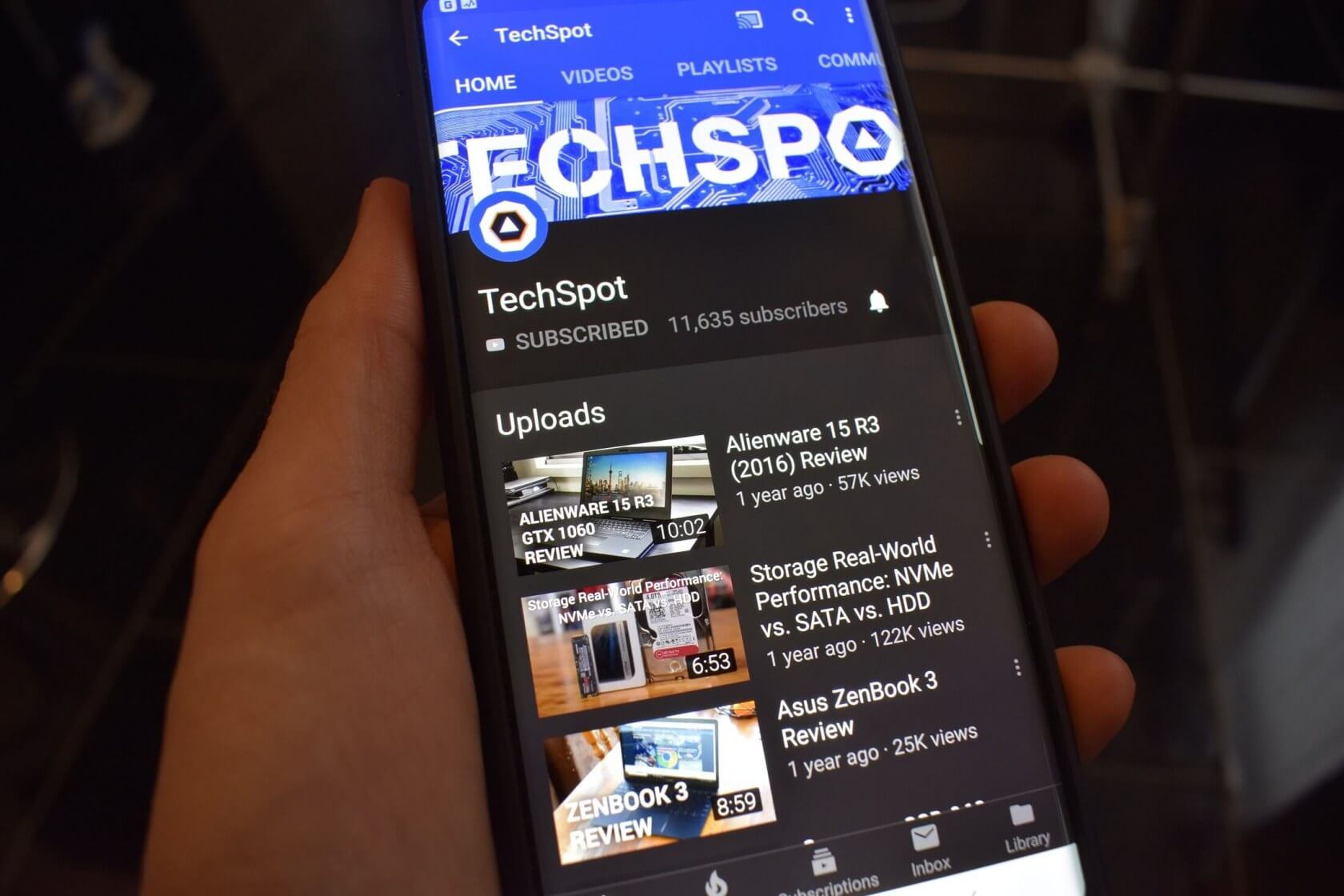Forward-looking: While the ‘next big thing’ for battery tech is seemingly always just over the horizon, gadget makers are constantly hunting for ways to make their devices more efficient. A new breakthrough from UK researchers looking into polarized light could provide a solution for one of the most energy-hungry component of our smartphones: the display.

One of the simplest ways to conserve your phone’s battery life is to reduce the screen’s brightness. That’s because it takes a lot of energy to produce all the light that a clear, bright, modern display gives off. But currently, efficiency is being hampered for the benefit of usability.
Smartphone screens, and many other types, have filters that reduce glare from external sources of light – the sun, usually. These anti-glare filters make the display’s content more visible, but they have the side effect of reducing by almost half the amount of light that actually makes if from the panel to your eyes. So not only does your phone screen appear to you to be half as bright as it could be, all the generated but unseen light is wasting precious battery life.
Enter researchers from the Imperial College London, UK. The scientists at the Department of Physics and Chemistry have developed a new type of OLED (organic light-emitting diode) that polarizes the light such that it bypasses anti-glare filters. As reported by Phys.org, researcher Dr Jess Wade said, "Our study suggests, for the first time, that by changing our OLED recipe we can generate efficient polarising OLEDs. The findings could make screens of all kinds brighter, with better contrast and longer life."
While in theory the upper brightness-limit could go up, a more attractive application may be to reduce the power consumption of the screen by making it much more efficient. The user wouldn’t notice a change in the perceived brightness, but likely would notice reduced battery drain.
Even better is that this technology could be used for any screen powered by OLEDs, not just phones, making a whole host of electronic devices, from TVs to tablets, more energy efficient.
https://www.techspot.com/news/80830-polarized-light-could-double-oled-screen-efficiency.html